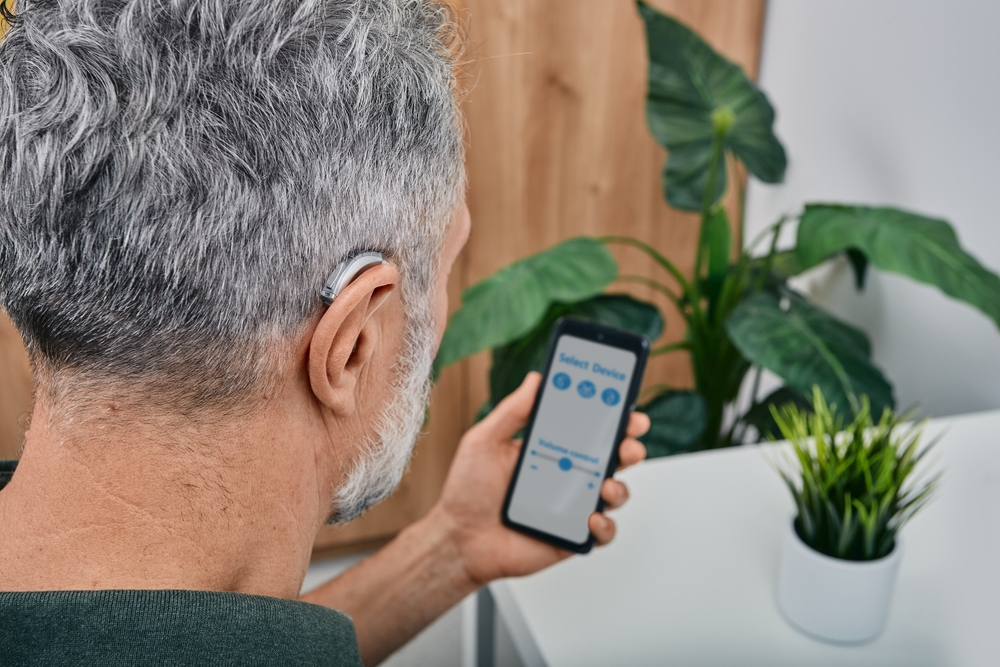
Socializing with friends and family and communicating with co-workers can be negatively impacted by even slight hearing loss, and this also includes everyday tasks like shopping. However, the introduction of well-calibrated hearing aids can lead to transformative changes.
Top ten reasons to get hearing aids
While the chief benefit of hearing aids is obvious, improved hearing, their impact goes far past basic auditory enhancement. Let’s explore the comprehensive benefits that using hearing aids can offer.
Improved relationships and communication
Clear communication is the cornerstone of meaningful relationships. Relationships can be tense when hearing loss causes missed communication. Feelings of separation and stress will be decreased and your ability to communicate with others will be enhanced by using hearing aids.
Being more independent
Simple tasks like purchasing groceries or going out for dinner can become challenging with neglected hearing loss, as barriers to communication could arise. Hearing aids empower you to navigate these situations independently by increasing your ability to hear and understand speech in a variety of environments. Having a greater sense of independence will help you do things that demand improved situational awareness like driving, for instance.
Prospect of higher income
Reliable communication is key when you’re dealing with professional settings. Your job efficiency and career advancement can be diminished by neglected hearing loss which can affect how you participate in meetings and other work-related gatherings. By using hearing aids, you can stay engaged and alert, enhancing your productivity and opening doors to career opportunities.
Discomfort from tinnitus can be decreased
Tinnitus, which is a ringing in the ear, commonly accompanies hearing loss. Hearing aids can provide relief from tinnitus for some people by masking symptoms.
Cognitive decline can be mitigated
Some research has revealed a link between untreated hearing loss and cognitive decline, including dementia. By addressing hearing loss with hearing aids, you might decrease the risk of cognitive impairment and maintain better overall brain health.
The pleasure of music
Hearing loss can alter the perception of music, making it less pleasurable. Hearing aids restore the richness and depth of musical sounds by compensating for gaps in frequency, allowing you to rediscover the excitement of listening to your favorite songs.
Boosted confidence
Clear hearing builds confidence in social interactions and professional situations alike. With increased communication abilities, you’ll feel more self-assured and capable, enhancing your overall quality of life.
Having more energy
Untreated hearing loss can be mentally exhausting, as the brain works harder to make up for auditory deficiencies. Hearing aids reduce this strain, giving you mental relief and allowing you to enjoy activities without feeling constantly tired.
Increased safety and awareness
Whether you’re driving a car or crossing the road, being aware of your environment is a vital part of safety. Hearing aids restore environmental sounds, like approaching vehicles or alarms, ensuring that you can respond appropriately and safely.
Setting an example that is positive
Embracing hearing aids displays a proactive approach to health and well-being, setting a positive example for other people dealing with similar difficulties. It reflects a commitment to personal growth and improvement, inspiring those around you.
Schedule a hearing exam today
While the chief advantage of hearing aids is to boost auditory perception, the ripple effects on various aspects of life are powerful. Whether it’s fostering stronger relationships, maximizing independence, or preserving cognitive health, the choice to wear hearing aids is a step towards a more fulfilling and engaged life.
Make an appointment for a hearing test today and take the initial steps to better hearing.